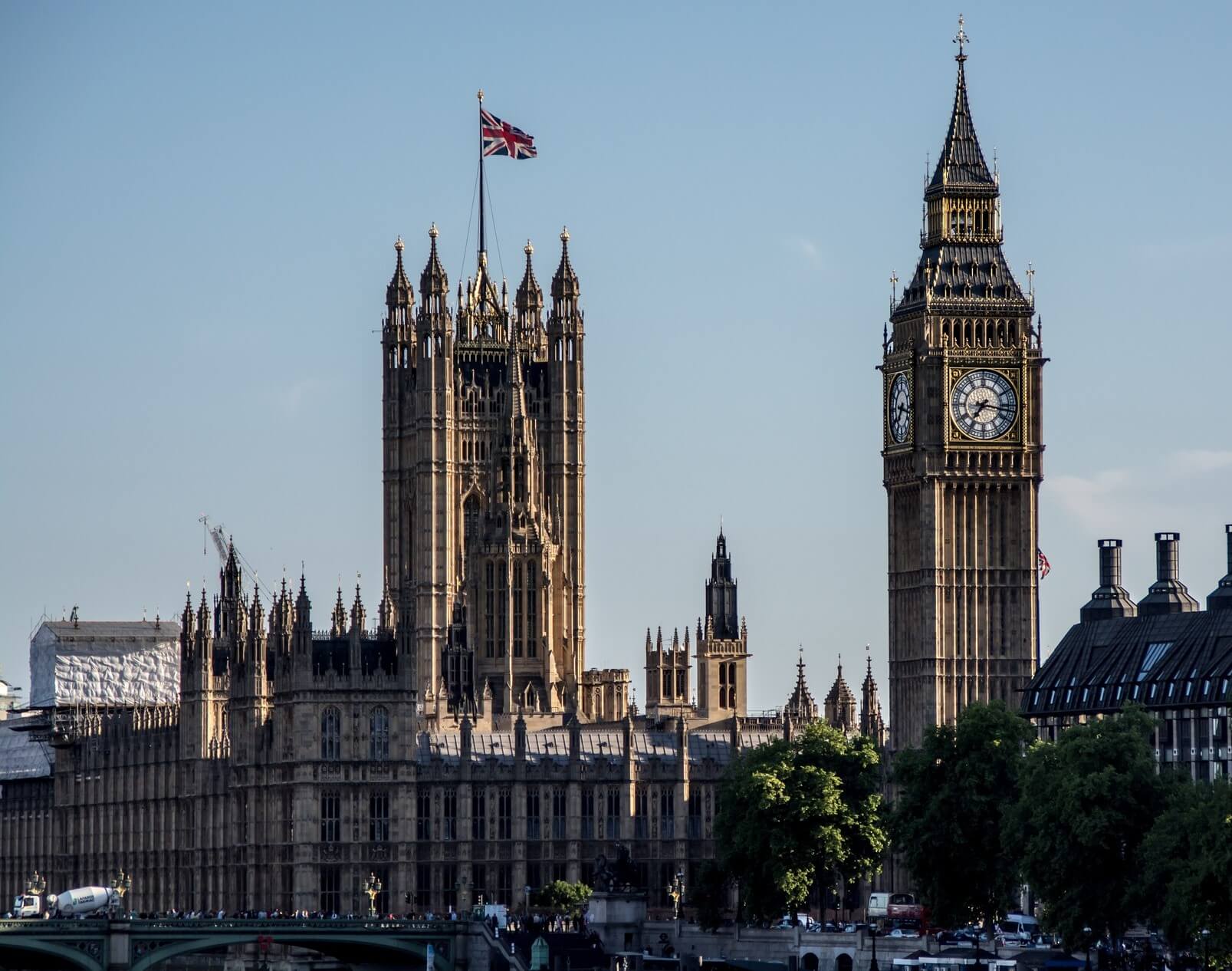
Kate Langston, External Affairs Officer, Money and Mental Health
Money and Mental Health at party conference
21 September 2018
It feels like Parliament has only just reconvened after the long summer recess, but already the business of the House has been put on hold while the respective political parties descend on their chosen cities for conference season. This annual gathering of political figureheads, lobbyists and local activists is an opportunity for the leadership to reinvigorate the party faithful – and reassert their agenda by unveiling a number of new policies.
It’s been heartening to see the attention mental health has received from politicians in recent years, including at party conferences. But there’s still so much more that needs to be done to improve the lives of people experiencing mental health problems and financial difficulty, so we’ve taken this opportunity to spell out some of the issues we’d like to see politicians raising at conference this year:
Gambling
This week we welcomed the Labour Party’s announcement that it would include a commitment to giving people the power to block gambling transactions through their bank or card providers in its next manifesto. This is the latest victory for our campaign, which has already seen two banks agree to let its customers self-exclude from gambling using their cards, and we hope to see more banks – and political parties – coming onboard.
However, there is still so much more that government, industry and regulators can do to support people who are struggling with problem gambling. Many people experiencing mental health problems will also be experiencing difficulties sleeping or managing their impulses, which can make them particularly vulnerable to late night gambling offers. We believe there is a strong case for introducing greater restrictions around gambling marketing to help protect this group, including a ban on TV adverts between 12am and 6am.
Integrated advice
We know that people experiencing mental health problems are three times as likely to be struggling with problem debt, and the stress and anxiety this causes can undermine recovery. Our research has shown that IAPT (Improving Access to Psychological Therapies) recovery rates for people experiencing depression are likely to be more than halved when an individual is also experiencing financial difficulty.
This same group may also find it more difficult to seek help from debt advice services, putting them at greater risk of financial harm. It is estimated that only 17% of over-indebted people seek advice, and the majority of those who do wait more than a year before getting help. The figure for people who seek advice while also struggling with their mental health is likely to be even lower due to difficulties using the telephone, remembering appointments or managing the necessary admin.
“Mental health recovery from an episode goes hand in hand with recovering my financial stability.”
We believe mental health services have a valuable role to play in addressing this problem. Our work has shown that recovery rates for depression can be improved by more than 100% for those experiencing financial difficulty when debt advice is offered alongside talking therapies. We have been working with Citizens Advice to develop a pilot that would further demonstrate the benefits of this approach, and we have NHS England’s support for this. But to roll it out we require additional funding and political support.
Bailiff reform
At Money and Mental Health we often hear distressing stories about people’s experiences of bailiffs and the impact this can have on their mental health. From sending threatening letters, to blocking people in their driveways, the aggressive and intimidating tactics some bailiffs employ can trigger panic attacks, exacerbate feelings of depression and even lead to thoughts of suicide.
“It feels like an unbreakable cycle. You’re too scared to answer the phone or open letters. You feel embarrassed… the situation feels like drowning.”
The recent Ministry of Justice review of the 2014 bailiff reforms highlighted worrying reports from the debt advice sector that, far from being fixed, some aspects of bailiff behaviour are getting worse. That’s why we’ve been working with a number of other leading debt and mental health charities to campaign for further reform, including independent regulation of the industry. With the BBC dramatisation Jerome Rogers’ story helping to raise public awareness of this issue, it seems there has never been a better time for parties to commit to change.
#StopTheCharge
Last year, following our #StopTheCharge campaign, the Prime Minister committed to a review of the fees that GPs are charging for paperwork that can help people experiencing mental health problems and financial difficulty access additional support from their creditors, with a view to “end this unfair practice”.
We were delighted that the Government listened to our concerns, and that our campaign received cross-party support. But it has been over a year since Theresa May announced a review and we are yet to see this translate into meaningful action. We call on politicians of all parties to help us keep the Prime Minister to her word and bring an end to this injustice.
